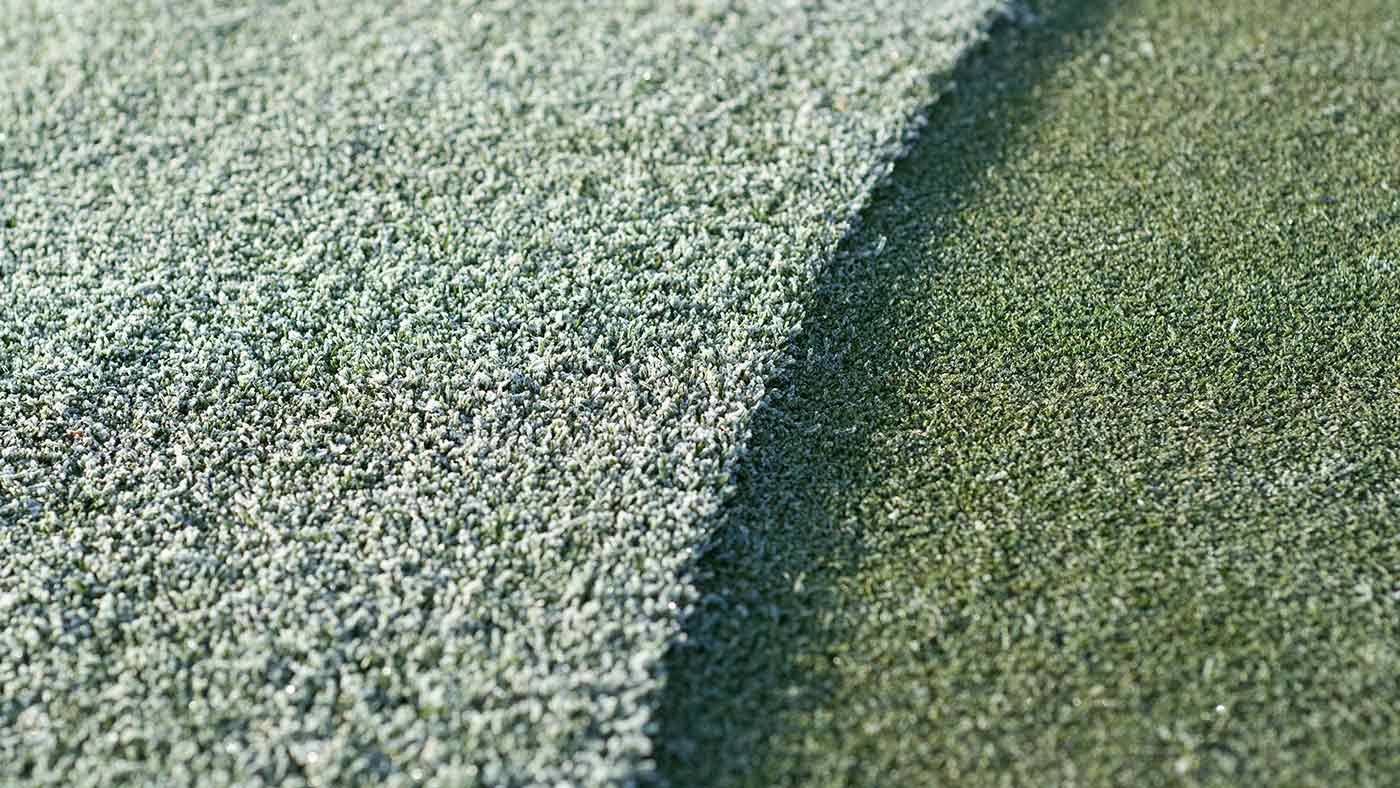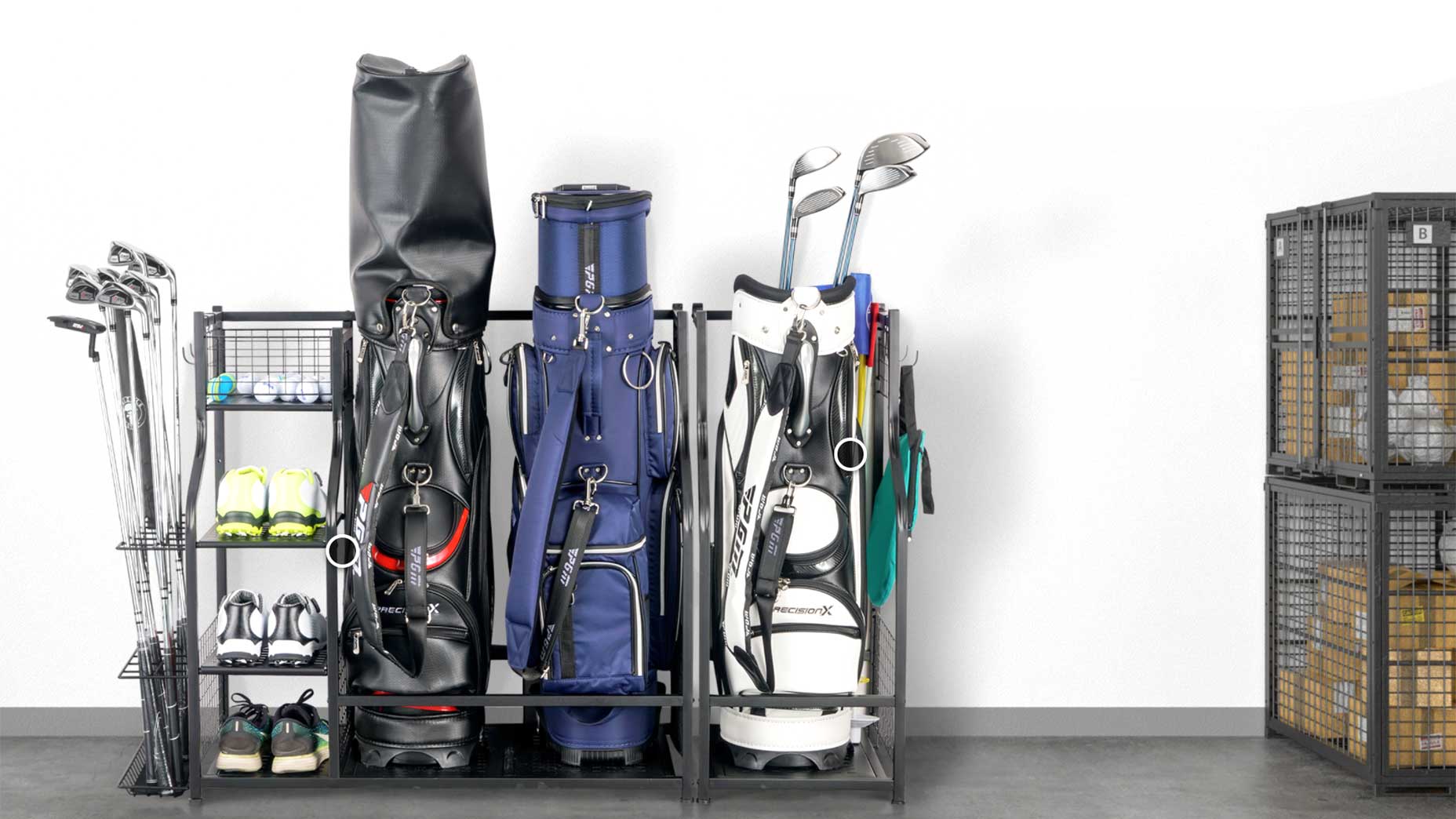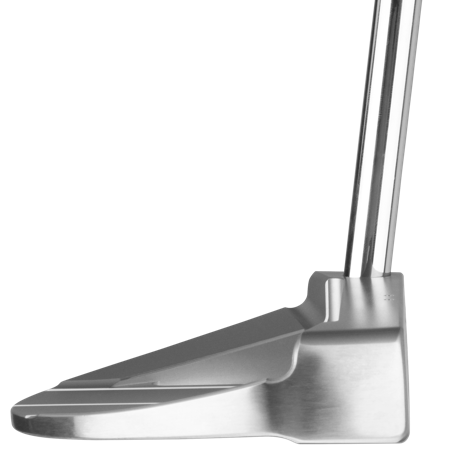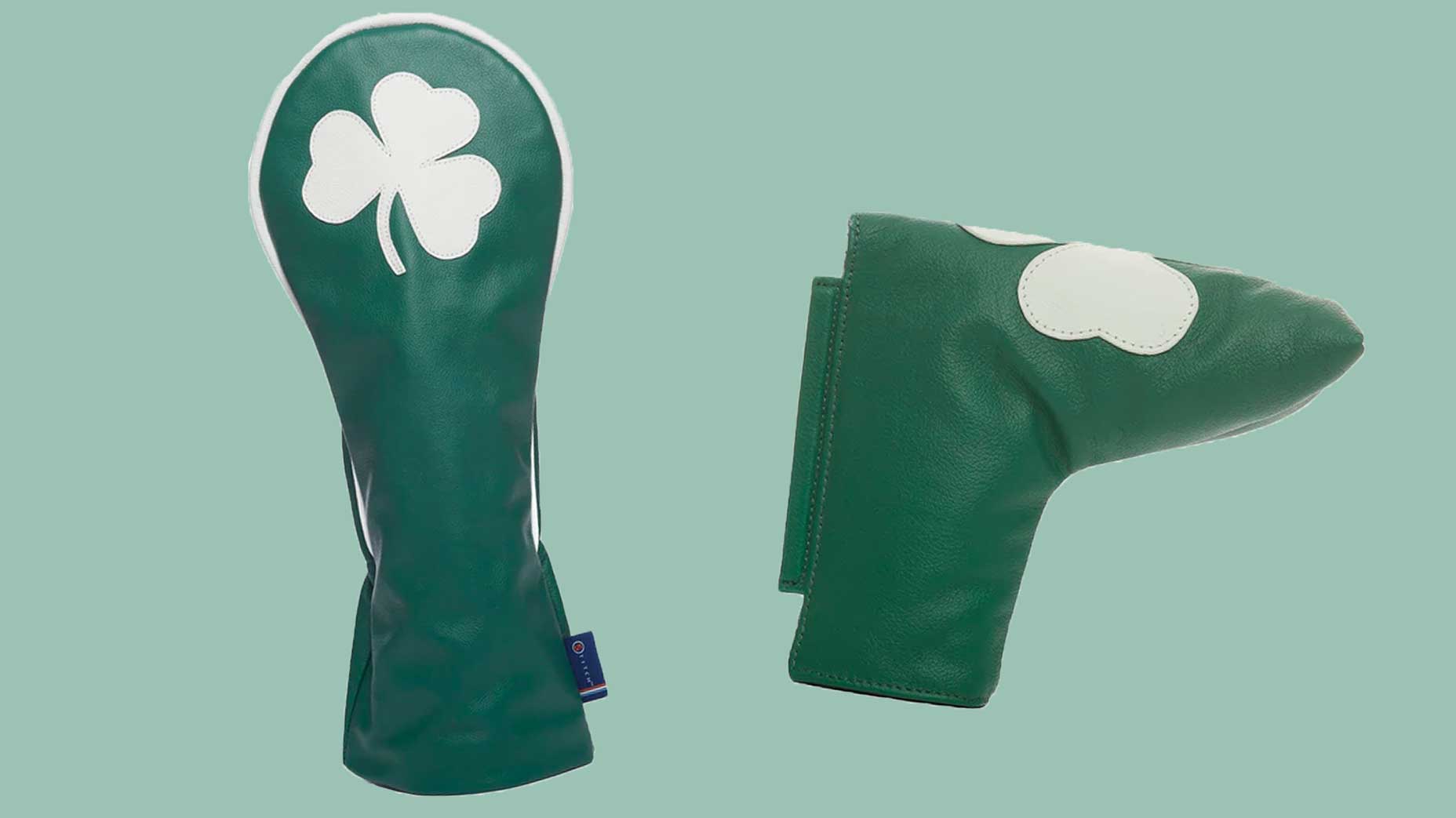
The dreaded frost delay.
Getty Images
Welcome to Stuff Golfers Should Know, a GOLF.com series in which we reveal all kinds of useful golf (and life!) wisdom that is sure to make you the smartest, savviest and most prepared player in your foursome.
If the worst three words in golf are “you’re still away,” the two worst must be: frost delay.
No one wants to hear them. No one wants to say them. “Contrary to popular belief, they are not our way of getting back at golfers, and we take no pleasure in issuing them,” says Jeremy Hreben, superintendent at Indian Spring Country Club, in New Jersey.
They’re a necessary evil, Hreben says, designed not to frustrate players but to protect turf.
Like the game itself, frost can be difficult to predict. But it’s more likely to form on cold, crisp, clear nights with little wind. Frost isn’t frozen water. It’s frozen dew (a mix of water and moisture from the plant), and temperatures don’t have to be below 32 degrees for it to form.
When it does, precautions must be taken.
Frosty grass, after all, is fragile grass, the cell walls of the plant turned hard and brittle. When trampled underfoot, or rolled over by a cart, those frozen cell walls shatter.
“You’re basically killing the plant from the inside,” Hreben says.
Even if it doesn’t die, the grass will suffer damage. Just because you don’t see the harm you’ve done right away doesn’t mean it isn’t there. It usually takes a few days to show up, and it can last for several weeks or longer. The shorter the grass, the more vulnerable it is. Greens, in other words, are especially susceptible to frost damage.
Frost policies can vary from one course to the next. At private clubs, which aren’t dependent on daily revenue and have no need to rush golfers out, almost any frost at all can be a cause for a delay. At public-access courses, the calculus is different. At properties under pressure to pull in cash, the shop might let you out when there are still frosty patches in the rough or other areas far from playing corridors. But if the putting surfaces are frosted over, forget about it. You’re going to have to wait.
Be patient. Do some stretches. Soon enough, the sun will be up and you’ll be out on the course, ready to get frustrated about something else.











